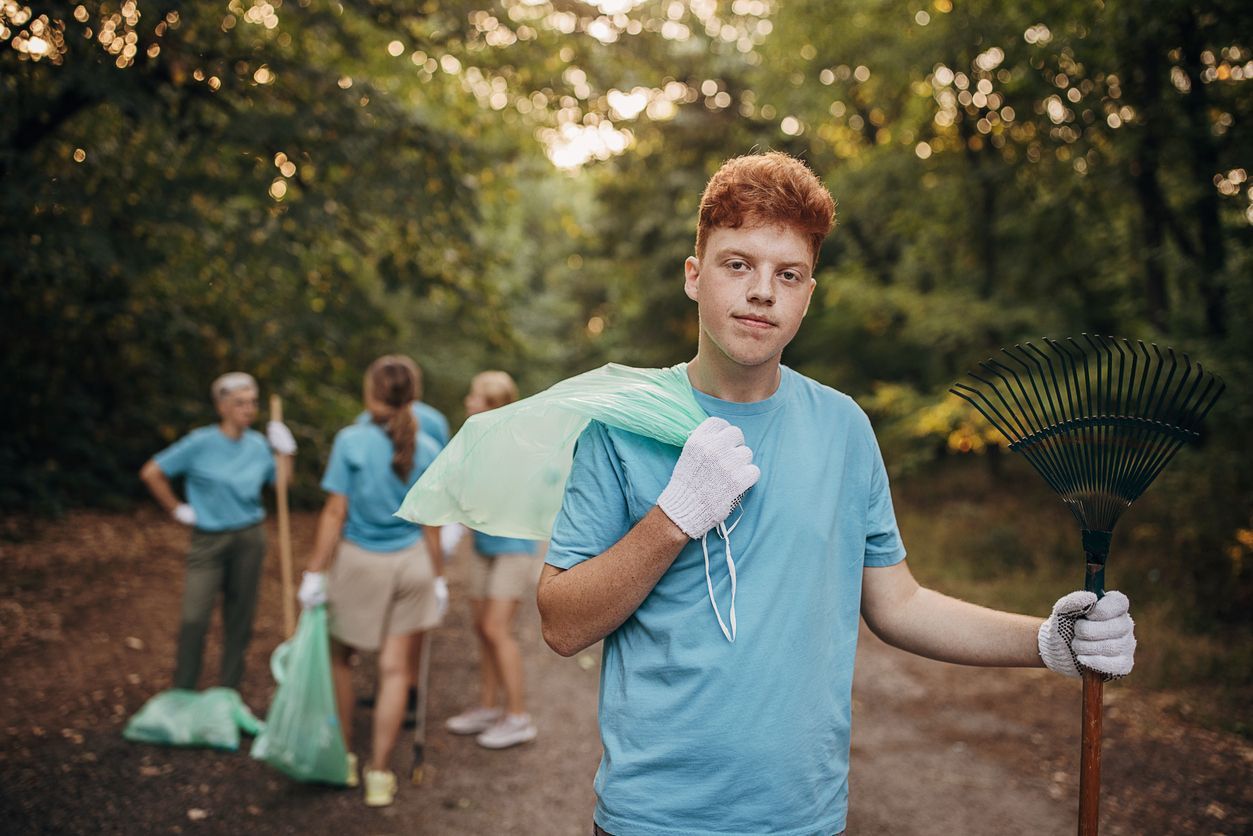This page is licensed under Creative Commons under Attribution 4.0 International. Anyone can share content from this page, with attribution and link to College MatchPoint requested.
No Budget, Big Impact: 4 Smart Ways to Turn a Free Summer Into a College Admissions Win
When it comes to preparing for college, summer doesn’t need to be expensive to be impactful. In fact, many of the most powerful growth opportunities are free. Whether it’s volunteering, launching a creative project, or taking on a self-directed learning experience, what matters most is how a student engages with the experience. A thoughtfully chosen summer activity can help a student discover their interests and clarify what they might want to study in college. It can also provide the kind of story colleges remember—one that shows curiosity, initiative, and heart.

Here are four strategies that help students maximize a free summer activity and turn it into something truly meaningful for their college applications.
1. Show Depth Through Initiative and Impact
Start with something you care about—maybe it’s the environment, mental health, or helping younger students. Then find a way to get involved. From there, take the lead in some way. Maybe you organize a neighborhood composting program or set up a virtual tutoring club for middle schoolers. Finally, reflect on the impact. Did your efforts make a difference? Did you learn something new about yourself?
This kind of engagement allows students to demonstrate real-world leadership and self-direction—qualities colleges deeply value. Even in a free setting, what matters is the depth of involvement and the student’s ability to reflect on the difference they made. Highly selective colleges expect students to move beyond participation and show ownership of their learning and contributions.
2. Turn Reflection Into Readiness: Journal and Connect the Dots
Reflection transforms activities into stories worth telling. By keeping a journal or digital portfolio over the summer, students can track challenges, decisions, and lessons learned. This record becomes a goldmine when it's time to write college essays or describe activities on applications.
Ask yourself: What did I learn about myself? What was hard? What surprised me? These reflections build self-awareness, which is a key component of compelling personal statements. They also help you connect your summer activity to academic and career goals—especially helpful when applying to schools that value "fit to major."
3. Gain Experience With Possible Majors
Summer is the perfect time to explore fields you might want to study in college. Interested in engineering? Try building a small device or joining a community robotics group. Curious about psychology? Volunteer with a local nonprofit that supports mental health. Think you might want to be a teacher? Offer to tutor younger kids or assist at a summer camp.
These kinds of experiences help students get a better sense of what a major might actually feel like day to day. They also provide great material for writing about academic interests in college essays. The more clearly you can connect your experiences to future goals, the more compelling your application becomes.
4. Show Up as a Leader in Your Own Way
Leadership doesn’t have to mean being elected to a position. Leadership is about taking initiative and making things better for others. Whether that’s tutoring a sibling, starting a community garden, or launching a newsletter about local history, free summer projects can be powerful evidence of leadership.
Admissions officers want to see students who have the vision to see a need and the grit to address it. By stepping up and owning a project—even a small one—students show that they’re ready for the independence and impact expected in college.


